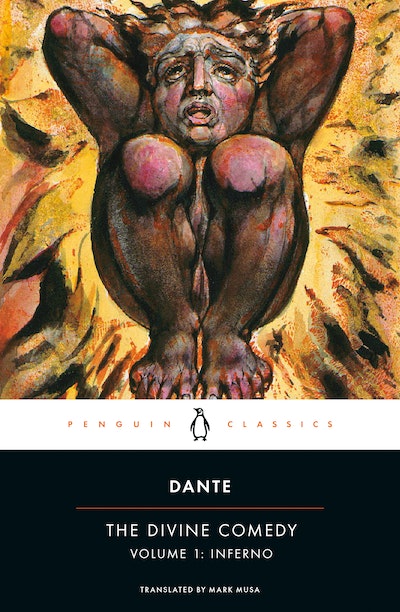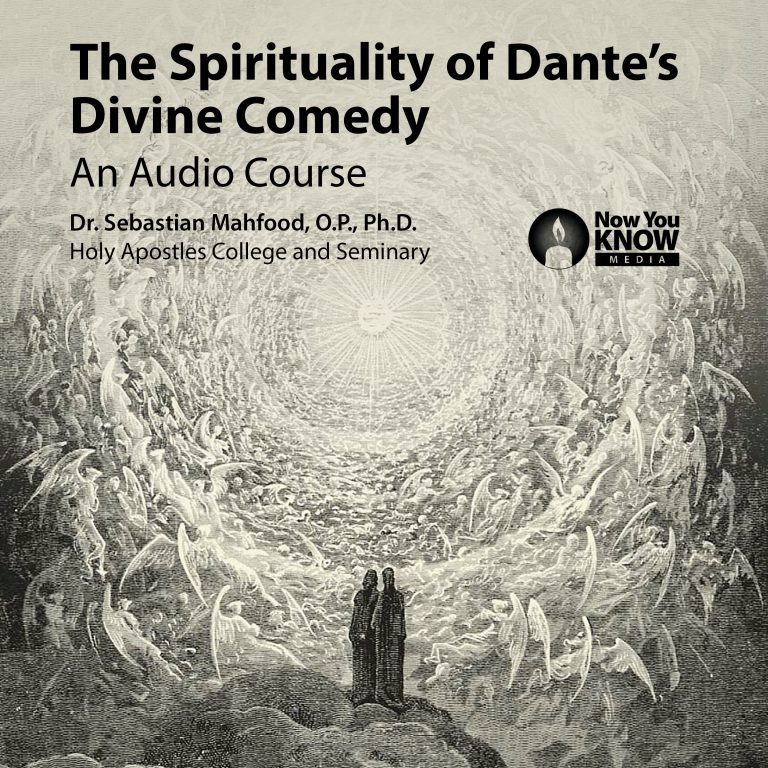
Dante received word that his assets had been seized and that he was considered an absconder, having left the city. While he was in Rome, the Black Guelphs destroyed much of the city, and established a new government.

A delegation of Florentines, with Dante among them, was sent to Rome to ascertain the Pope’s intentions. Initially, the Whites were in power and kicked the Blacks out of Florence, but Pope Boniface VIII planned a military occupation of the city. After defeating the Ghibellines, the Guelphs themselves divided into two factions: the White Guelphs, Dante’s party, who were wary of the Pope’s political influence and the Black Guelphs, who remained loyal to Rome. On June 11, 1289, he fought in the ranks at the battle of Campaldino on the side of the Guelphs, helping to bring forth a reformation of the Florentine constitution. Like most Florentines during his lifetime, Dante was affected by the Guelph-Ghibelline conflict, a political division of loyalty between the Holy Roman Emperor and the papacy. He also became a pharmacist, and, in his twenties and thirties, took an active part in local public affairs. Dante later turned his attention to philosophy, which the character of Beatrice criticizes in Purgatorio. Along with Brunetto Latini, these poets became the leaders of Dolce Stil Novo (“The Sweet New Style”), in which personal and political passions were the purpose of poetry. By the age of eighteen, Dante had met the poets Guido Cavalcanti, Lapo Gianni, Cino da Pistoia, and others.

He read Boethius’s De consolatione philosophiae and Cicero’s De amicitia. He encountered both the Occitan poetry of the troubadours and the Latin poetry of classical antiquity, including Homer and Virgil. In his youth, Dante studied many subjects, including Tuscan poetry, painting, and music.
The love poems to Beatrice are collected in Dante’s La Vita Nuova, or The New Life. His mother died when he was seven years old, and his father remarried, having two more children.Īt twelve years old, Dante was betrothed to Gemma di Manetto Donati, though he had already fallen in love with another girl, Beatrice Portinari, whom he continued to write about throughout his life, though his interaction with her was limited. The author of La Commedia ( The Divine Comedy), considered a masterwork of world literature, Dante Alighieri was born Durante Alighieri in Florence, Italy in 1265 to a notable family of modest means.


 0 kommentar(er)
0 kommentar(er)
